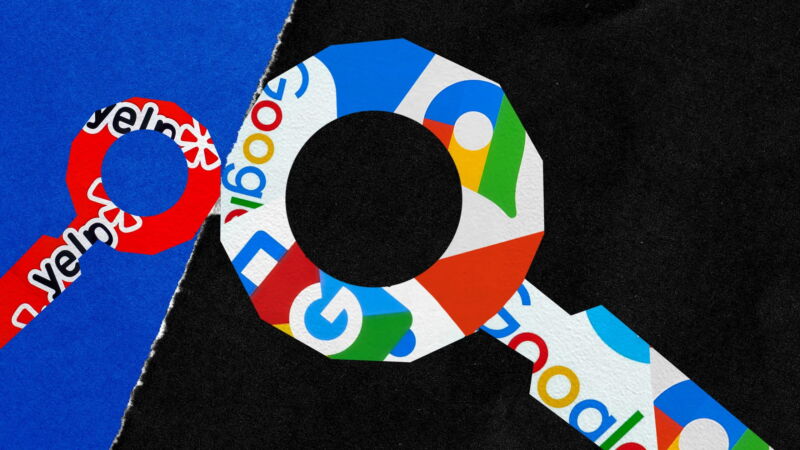-
Sl
chevron_right
Contact publication
pubsub.blastersklan.com / slashdot · 2 days ago - 22:58 edit · 2 minutes
The European Union has opened a second formal investigation into TikTok under its Digital Services Act (DSA), an online governance and content moderation framework. The investigation centers around TikTok Lite's "Task and Reward" feature that may harm mental health, especially among minors, by promoting addictive behavior. TechCrunch reports: The Commission also said it's minded to impose interim measures that could force the company to suspend access to the TikTok Lite app in the EU while it investigates concerns the app poses mental health risks to users. Although the EU has given TikTok until April 24 to argue against the measure -- meaning the app remains accessible for now. Penalties for confirmed violations of the DSA can reach up to 6% of global annual turnover. So ByeDance, TikTok's parent, could face hefty fines if EU enforcers do end up deciding it has broken the law. The EU's first TikTok probe covers multiple issues including the protection of minors, advertising transparency, data access for researchers, and the risk management of addictive design and harmful content. Hence it said the latest investigation will specifically focus on TikTok Lite, a version of the video sharing platform which launched earlier this month in France and Spain and includes a mechanism that allows users to earn points for doing things like watching or liking videos. Points earned through TikTok Lite can be exchanged for things like Amazon gift vouchers or TikTok's own digital currency for gifting to creators. The Commission is worried this so-called "task and reward" feature could negatively impact the mental health of young users by "stimulating addictive behavior." The EU wrote that the second probe will focus on TikTok's compliance with the DSA obligation to conduct and submit a risk assessment report prior to the launch of the "Task and Reward Lite" program, with a particular focus on negative effects on mental health, including minors' mental health. It also said it will look into measures taken by TikTok to mitigate those risks. In a press release announcing the action, the EU said ByeDance failed to produce a risk assessment about the feature which it had asked to see last week -- when it gave the company 24 hours to produce the document. Since it failed to submit the risk assessment paperwork on April 18 the Commission wrote that it suspects a "prima facie infringement of the DSA."
Read more of this story at Slashdot.
EU Opens Probe of TikTok Lite, Citing Concerns About Addictive Design



